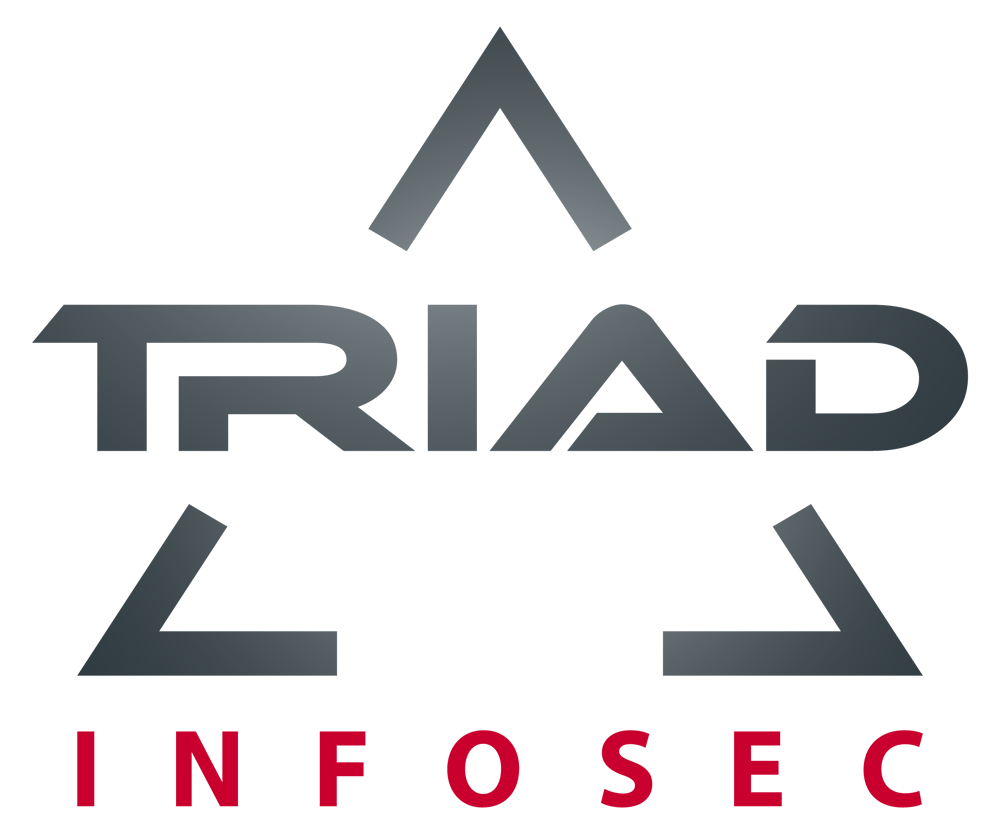This is a overview of the importance of a Written Information Security Program (WISP) for accounting firms, explaining how it ensures data security and compliance with regulatory standards such as the FTC Safeguards Rule. Here’s a breakdown of the key components:
- WISP Definition: A Written Information Security Program (WISP) is a formal document that outlines the security policies, controls, and procedures a company uses to protect sensitive information. It serves as a roadmap for ensuring data security, addressing both internal processes and compliance with external regulations like the FTC Safeguards Rule.
- FTC Safeguards Rule: The Federal Trade Commission’s Safeguards Rule mandates financial institutions, including accounting firms, to create a comprehensive information security program. This program aims to protect client data from threats by:
- Assigning responsible personnel.
- Conducting risk assessments.
- Implementing and monitoring effective safeguards.
- Selecting compliant service providers.
- Adjusting the program based on operational changes or test results.
- How a WISP Helps:
- Risk Identification: Identifies vulnerabilities in your firm’s data-handling processes.
- Security Protocols: Establishes controls like encryption, access management, and password policies.
- Regulatory Compliance: Ensures adherence to laws like the FTC Safeguards Rule.
- Employee Education: Provides training and guidance on their role in data protection.
- Client Trust: Enhances client confidence in the firm’s commitment to security.
- Employee Compliance with WISP: To ensure staff follow the WISP protocols, firms should:
- Offer continuous training on security best practices.
- Create policies with consequences for non-compliance.
- Monitor activity and conduct audits to ensure guidelines are followed.
- Encourage reporting of suspicious activity.
By implementing a WISP, accounting firms not only secure sensitive data but also build trust with clients and comply with legal requirements. Partnering with a Managed Services Provider (MSP) can alleviate the complexity of creating and maintaining this program. Firms like Today Cybersecurity can assist by providing expertise and ensuring your security infrastructure is robust and up to date.
Traid InfoSec is ready to protect you!
Click here to contact us to help protect you from cyber threats! Check out our other blogs on account firms The Dangers Of Data Breaches For Accounting Firms and Steps to Implement Cybersecurity Training in Your Firm for insights on cybersecurity in accounting firms.





